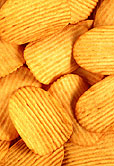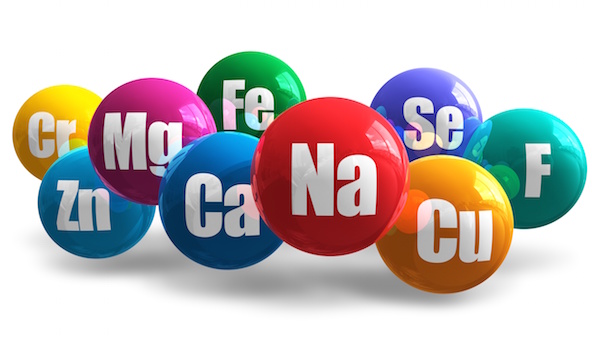
WEDNESDAY, June 16 (HealthDay News) — Low-salt chips taste fine to some people but are tasteless to others, and researchers report this is because your genes prime you to like a little or a lot of salt.
“Most of us like the taste of salt. However, some individuals eat more salt, both because they like the taste of saltiness more and also because it is needed to block other unpleasant tastes in food,” study author John Hayes, an assistant professor of food science at Pennsylvania State University College of Agricultural Sciences, said in a university news release.
Hayes says their research is important because the food industry is attempting to reduce salt content in certain foods because of health concerns. Studies have shown that diets high in salt boost the risk of heart attack and stroke, although the salt industry disputes these findings.
In the new study, 87 participants — 45 men and 42 women aged 20 to 40 — ate salty foods like chips and pretzels. They rated the intensity of taste.
“Some people, called supertasters, describe bitter compounds as being extremely bitter, while others, called nontasters, find these same bitter compounds to be tasteless or only weakly bitter,” Hayes said. “Response to bitter compounds is one of many ways to identify biological differences in food preference because supertasting is not limited to bitterness. Individuals who experience more bitterness also perceive more saltiness in table salt, more sweetness from table sugar, more burn from chili peppers, and more tingle from carbonated drinks.”
The researchers also found that “supertasters, people who experience tastes more intensely, consume more salt than do nontasters,” he said. “Snack foods have saltiness as their primary flavor, and at least for these foods, more is better, so the supertasters seem to like them more.”
The study was published June 16 in the journal Physiology & Behavior.
More information
For more on salt, see the U.S. National Library of Medicine.

